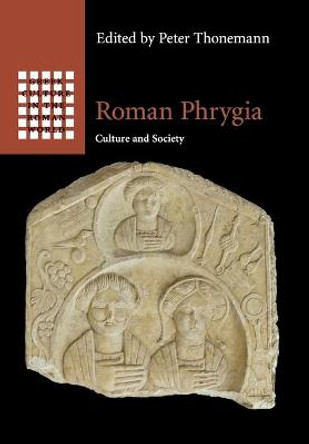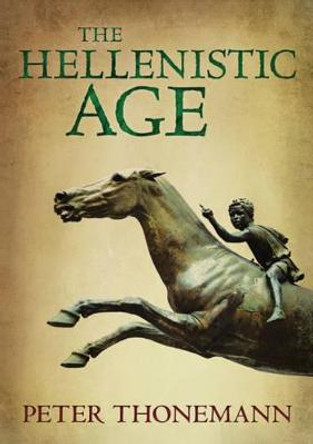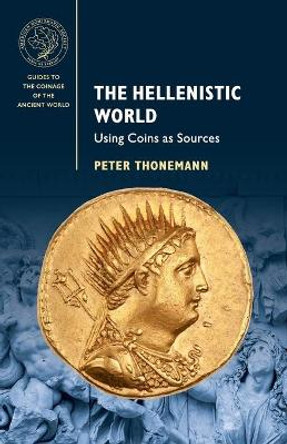Our conception of the culture and values of the ancient Greco-Roman world is largely based on texts and material evidence left behind by a small and atypical group of city-dwellers. The people of the deep Mediterranean countryside seldom appear in the historical record from antiquity, and almost never as historical actors. This book is the first extended historical ethnography of an ancient village society, based on an extraordinarily rich body of funerary and propitiatory inscriptions from a remote upland region of Roman Asia Minor. Rural kinship structures and household forms are analysed in detail, as are the region's demography, religious life, gender relations, class structure, normative standards and values. Roman north-east Lydia is perhaps the only non-urban society in the Greco-Roman world whose culture can be described at so fine-grained a level of detail: a world of tight-knit families, egalitarian values, hard agricultural labour, village solidarity, honour, piety and love.
A ground-breaking historical ethnography of kinship, religion, and village society in a remote rural backwater of the Roman world.About the AuthorPeter Thonemann is Forrest-Derow Fellow and Tutor in Ancient History at Wadham College, Oxford. His books include The Maeander Valley: A Historical Geography from Antiquity to Byzantium (Cambridge, 2011), which won the 2012 Runciman Prize; The Hellenistic World: Using Coins as Sources (Cambridge, 2015); and An Ancient Dream Manual: Artemidorus' The Interpretation of Dreams (2020). He is currently Editor of the Journal of Roman Studies.
Book InformationISBN 9781009123211
Author Peter ThonemannFormat Hardback
Page Count 396
Imprint Cambridge University PressPublisher Cambridge University Press
Weight(grams) 890g
Dimensions(mm) 250mm * 178mm * 25mm







